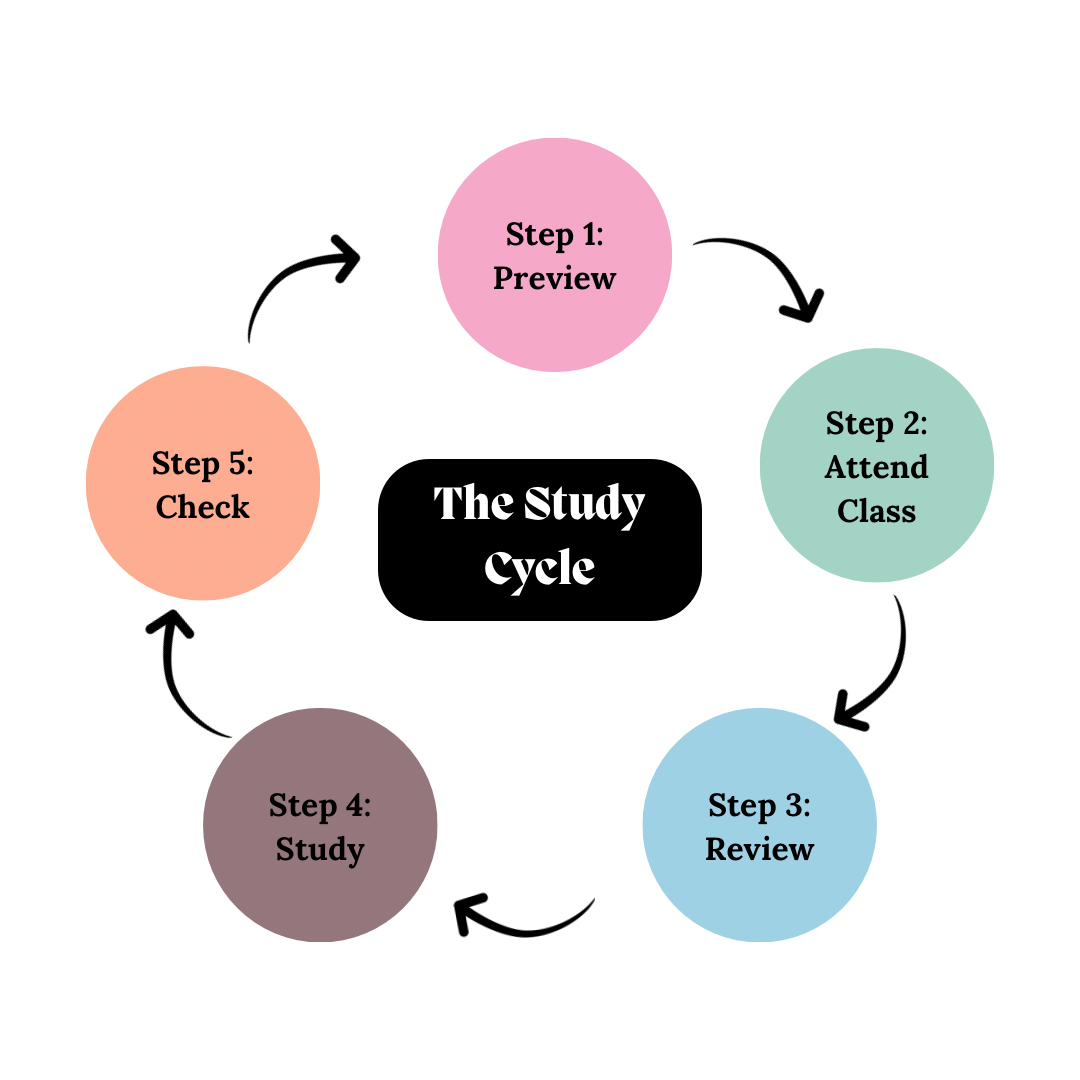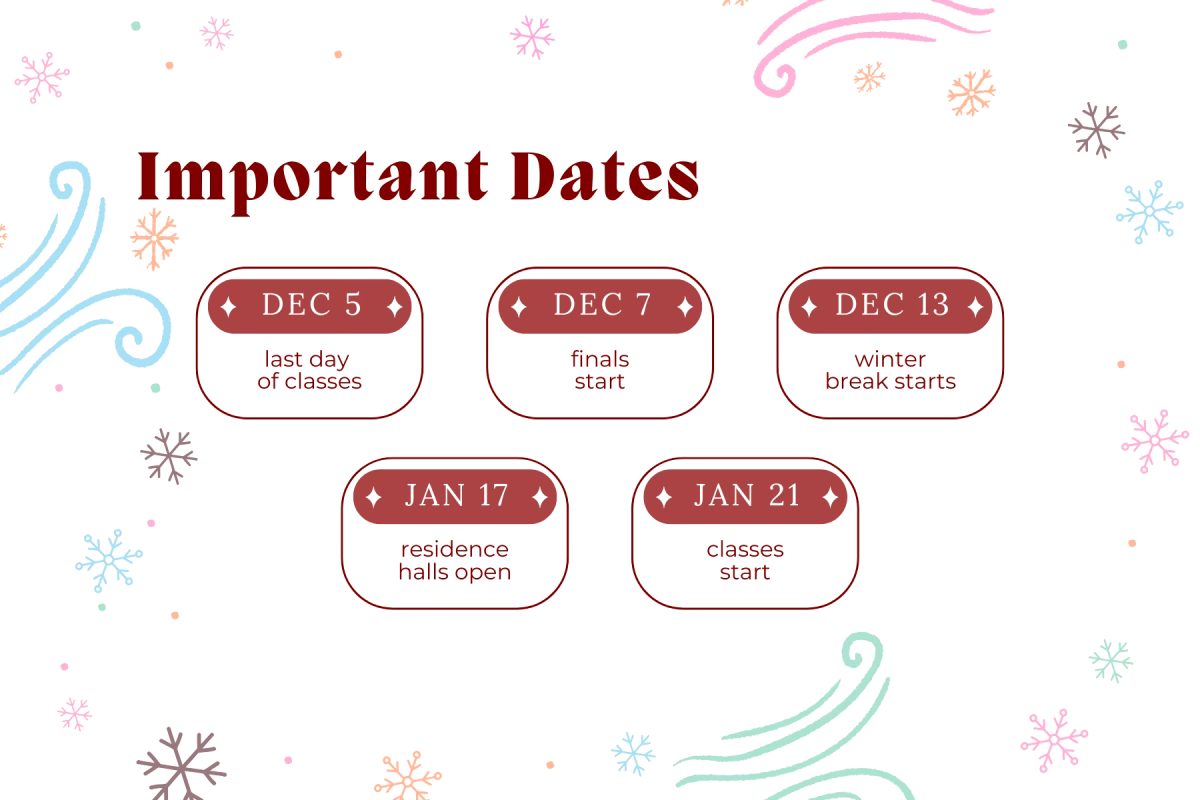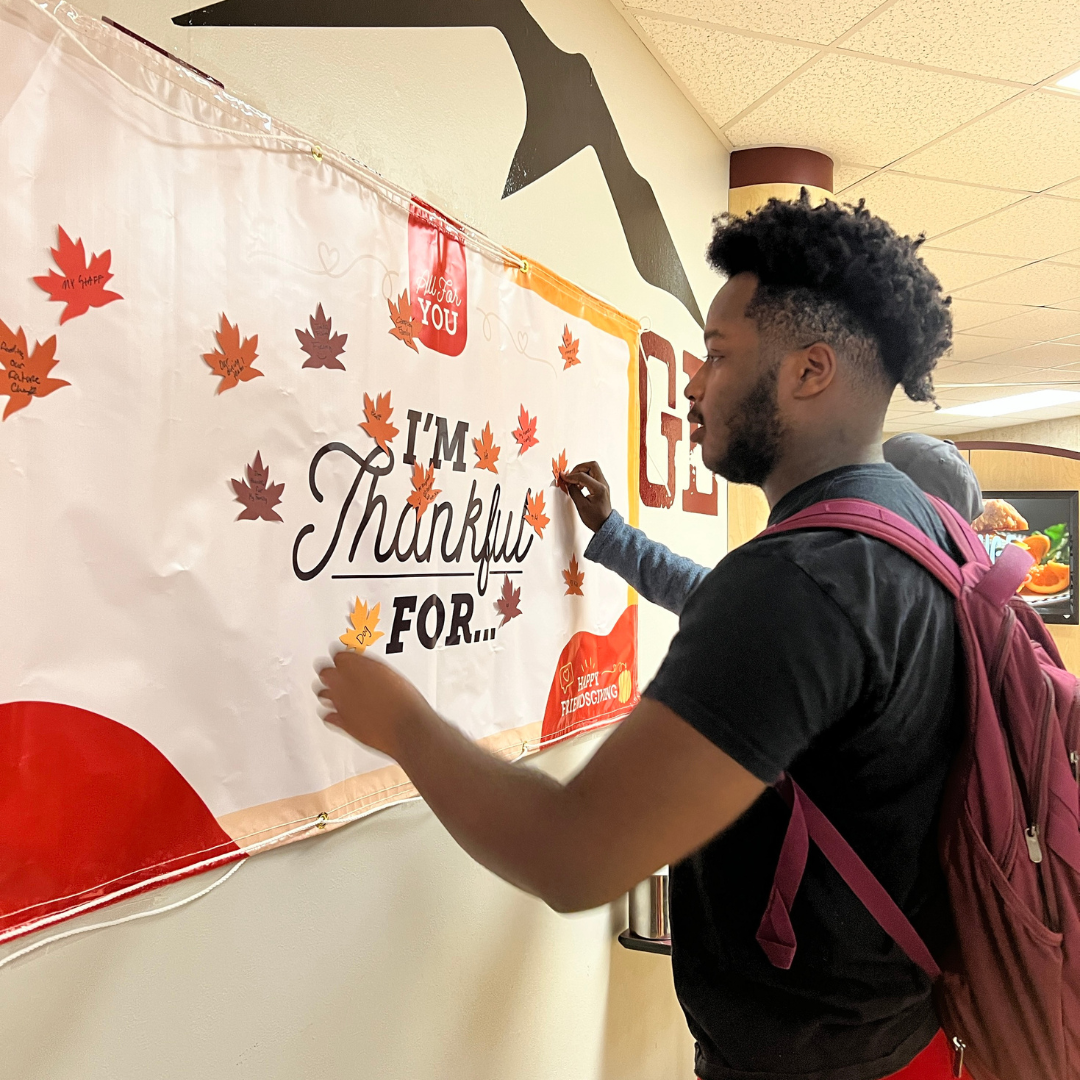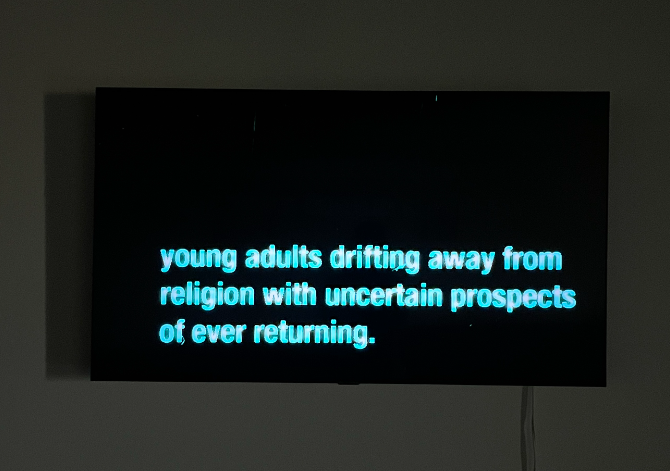
There is a specific triangle of living when it comes to college life: social, sleep, and academics. It has been said that a college student can only do two and it’s quite obvious which one many students have decided to pass on – sleep. According to an article in The California Aggie, 70 percent of college students receive less than the eight recommended hours of sleep and 68 percent have trouble falling asleep due to academic and emotional stress, resulting in later bedtimes. This leads many to think about how this affects their daily lives.
“I notice my 9 a.m. class is a lot quieter than my 1 p.m. class, and I also notice that in my 9 a.m. class it looks like some just jumped out of bed and went straight to class.” Dr. Trudy Hanson, head of the Department of Communication, said.
Hanson explained some observations she had on her student’s sleeping patterns.
“In the morning class, they have to turn in their writing submissions through WTClass before class, and I see a lot of the submissions are made at 1:00 to 3:30 in the morning.”
There are many reasons students lose sleep. Some have chaotic schedules trying to balance homework, class and often jobs. Others have late night study groups because the evenings are sometimes the only time when they have free time, but the study groups often go well off into the early hours of the morning. Anxiety over the stresses that college brings also keeps students awake during the night. Worrying about upcoming midterms or financial deadlines can frequently lead students to sleepless nights.
A lot of students’ education also suffers due to lack of insufficient sleep.
“I find myself drinking more and more caffeine and Monsters to even stay fully aware during class,” said Nancy Vega, a sophomore Nursing major who attends Lamar Community College in Lamar, Colo. “I try to study, hang out with my friends and I have a job, but sleep is always the last thing I do, but one of the first on my mind.”
Vega said her education has suffered as she spends time studying extremely late and when it comes down to exam time, she often blanks out.
“I need to learn a balance, to try something else, because what I’m doing isn’t working,” Vega said. Lack of sleep has really affected Vega’s academics and she failed her pharmacology class this semester.
“Everyone has busy schedules, and there are days when I stay up really late, but I always make sure to do one night where I make sure I put in at least nine hours of sleep,” Martha Alvarez, a freshman Mass Communication – Electronic Media major, said.
Hanson said new students coming into college have additional issues to learn how to manage.
“When students make the transition from high school to college, their time management skill haven’t really fully developed and many students put off deadlines until the day it’s due; spending the entire night doing homework, losing sleep they should be getting,” Hanson said.













